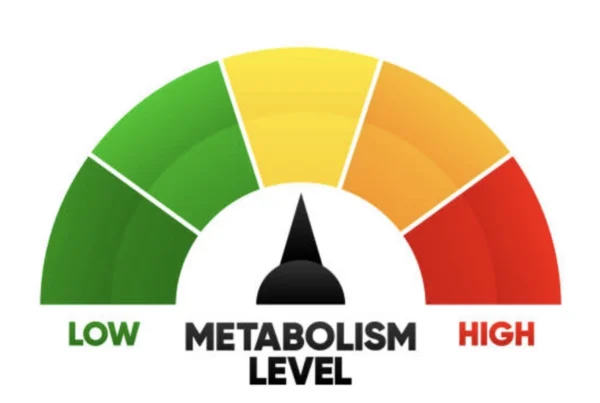In today’s fast-paced world, prioritizing your mental health is more important than ever. The constant demands of work, family, and just keeping up can feel overwhelming. This is especially true in vibrant places like West Chester, PA, where the daily pace rarely slows down.
If you’re feeling stressed, burnt out, or not quite yourself, it’s time to focus on your emotional wellness. Prioritizing your mental health is just as important as any other item on your endless to-do list. Let’s learn how to prioritize it for a balanced lifestyle.
Recognizing the Signs of Emotional Strain
Stress is a normal part of life. Everyone experiences it sometimes! But when stress piles up or becomes constant, it starts impacting your emotional well-being. Pay attention to how you’ve been feeling lately. Are you irritable or snappy for no reason? Have trouble sleeping, or do you feel exhausted all the time? Do you need help focusing or staying on task?
These feelings might come and go, which is normal. But if you notice these signs lasting for weeks or they’re getting worse, don’t ignore them. Prolonged stress takes a severe toll on your mental and physical health. Prioritizing your emotional wellness with self-care is the first step to dealing with it.
When to Seek Professional Help
Sometimes, taking good care of yourself isn’t enough. If you’re struggling with persistent trauma or anxiety, it’s definitely time to reach out for professional help. In short, if you have thoughts that scare or disturb you or notice significant changes in how you sleep or eat, you need to visit a therapist.
Seeking help is a sign of strength, not weakness. Millions of people benefit from therapy every year! A therapist can help you understand what you’re feeling, develop coping skills, and make lasting changes. If you’re looking for a therapist in West Chester, PA, you can contact a counseling center near you. You can consult professionals specializing in many areas, like anxiety, depression, trauma, and life transitions. Some therapists even offer flexible scheduling sessions to fit into busy lives. It’s like finding all options in one place.
For example, if you’re constantly worried, a therapist can teach you ways to calm your anxious thoughts. Or, if going through a difficult time brings up painful memories, trauma-informed therapy can provide a safe space to process those experiences. Don’t be afraid to seek support – it could make a huge difference in your life. Those living in Central Turkey struggling with such issues like to approach a Konya Psikolog to gain practical tools for managing their emotions and daily stress. With professional guidance, they can build healthier coping mechanisms and improve their overall quality of life.
Strategies for Busy People
Finding time for self-care can feel impossible when life is nonstop. But don’t worry! Here are some quick strategies, ways to fit self-care into existing routines, and why it’s important to say “no” sometimes.
Quick and Effective Techniques
Need a quick mood booster? Try simple deep breathing exercises, a short walk (even just around the office!), or a 5-minute meditation. If distractions are constant, put your phone away for a few minutes for a much-needed break. Adding supportive nutrients like advanced omega 3 to your routine can also help maintain cognitive and emotional balance.
Building Habits into Your Routine
Turn a routine chore into a mindfulness practice – focus fully on the feel of the water while washing dishes or the scent of your laundry. Use your commute to listen to calming music or a podcast you enjoy. These small acts of self-care throughout your day add up!
The Power of “No”
Saying “no” protects your time and energy for the things that truly matter. It’s okay to decline an extra project if it means overextending yourself. Saying no is a way to prioritize your mental health and well-being.
Building a Support System
Having people you can lean on makes a huge difference when you’re feeling stressed or overwhelmed. Reach out to loved ones – a trusted friend, family member, or partner – who make you feel heard and understood. Simply talking about what’s on your mind can relieve a lot of emotional pressure.
Don’t be afraid to seek connection beyond your immediate circle as well. There are communities and support groups, both online and in-person, focused on various mental wellness topics. Connecting with others who share similar experiences offers validation, reduces feelings of isolation, and provides resources you may not have known about.
Conclusion
Emotional wellness isn’t optional, and it’s a necessity in our busy world. Ignoring stress, burnout, and emotional strain can seriously affect your overall health and well-being. But the good news is that even small changes towards self-care can make a big difference in how you feel. Take breaks, learn to say “no,” and build a support system. Your mental and emotional health deserves the same attention you give to other aspects of your life.







